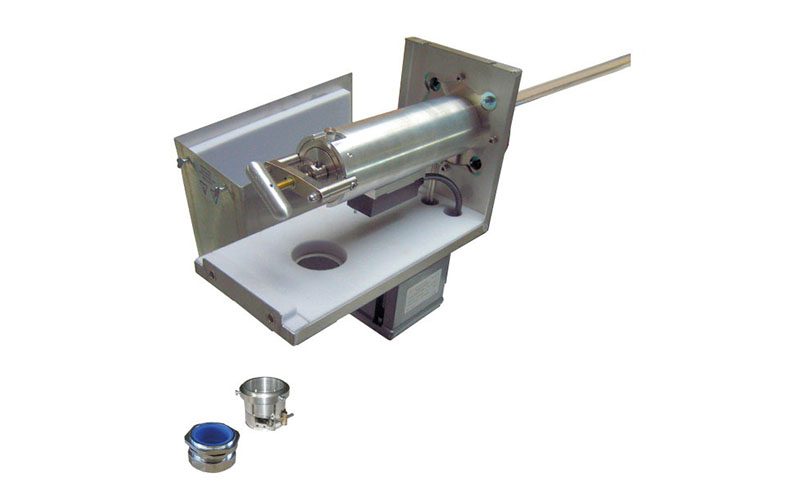Gas sampling specialist JCT is offering a complete portfolio of gas sampling probes with a new set of technical brochures available on the company’s website.

Beyond the wide range of gas sampling probes for typical gas analysis applications, like continuous emission monitoring (CEMS), JCT is well known for its flexibility in building reliable solutions for demanding applications like NOx monitoring in DeNOX applications. “During the past 20 years we built thousands of different gas sampling probes for various conditions,” says Günter Zimmel, CEO of JCT. “This includes very hot environments, sampling points in hazardous atmospheres (explosion protected zones / Ex proof) or sample gases with very high concentrations of dust or humidity.”
Over the years JCT has developed expertise for around 1000 different configurations including filters, filter cleaning devices (back purge and self-cleaning), or solutions to separate the sampling system from the process for maintenance work. “Every application and every process has special requirements and thanks to our many years of experience we are able to provide the right solution,” adds Berndt Vancl, head of the R&D team at JCT.
JCT is providing a set of technical brochures that represent the capabilities of its JES-301 gas sampling probe family. “Finally we are now able to introduce the complete basic portfolio of gas sample probes to the market and support our international system integration partners in offering the right solution to their customers,” says CEO Zimmel. He says his firm stands for “reliable transfer of sample gas from the stack to the analyser to ensure trustworthy results”. JCT also offers heated sample gas lines, sample gas coolers and sample gas conditioning systems for the gas monitoring industry.
The firm’s literature says it is built on strong expertise and experience with a special focus on gas sample conditioning as well as on total hydrocarbon analysis (including methane/non-methane variants).





